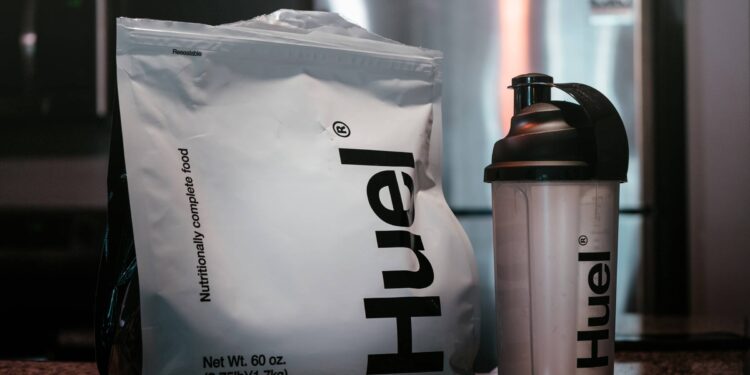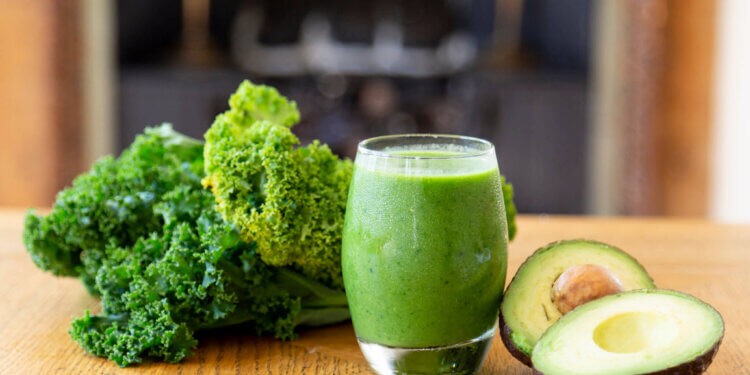The Secrets of Sugars: A Comprehensive Handbook
Tagged: benefits, Guide to sugar, Natural swetness, usage, vitamins
- This topic has 0 replies, 1 voice, and was last updated 12 months ago by
Sangeerthana.
Viewing 0 reply threads
-
AuthorPosts
-
-
නොවැම්බර් 23, 2023 at 11:25 ප.ව. #55885
Sangeerthana
Participant::The Good:
1.Honey:
-
- Benefits: Honey is a natural sweetener with various health benefits. It contains antioxidants, has anti-inflammatory properties, and may help with allergy relief.
- Usage: Use honey in moderation as a sweetener for beverages, dressings, or in baking.
2. Dates:
-
- Benefits: Dates offer natural sweetness along with fiber, essential minerals, and vitamins. They are a healthier alternative to refined sugars.
- Usage: Blend dates into smoothies, use them in energy bars, or as a natural sweetener in desserts.
3. Maple Syrup:
-
- Benefits: Rich in antioxidants and minerals, maple syrup is a natural sweetener with a distinct flavor. It has a lower glycemic index than traditional sugars.
- Usage: Drizzle over pancakes, and waffles, or use in baking for a natural sweetness.
4. Coconut Sugar:
-
- Benefits: Derived from coconut sap, coconut sugar contains some nutrients and has a lower glycemic index compared to regular sugar.
- Usage: Substitute coconut sugar in recipes that call for brown or white sugar.
5. Maple Sugar:
-
- Benefits: Similar to maple syrup, maple sugar is a natural sweetener with a concentrated flavor and is often used as a substitute for refined sugars.
- Usage: Sprinkle on cereals, yogurt, or use in recipes as a flavorful sweetener.
The Bad:
1.Cane Sugar:
-
- Issues: Refined cane sugar lacks nutrients and may contribute to health issues like obesity and diabetes when consumed in excess.
- Moderation: Limit consumption and opt for natural sweeteners when possible.
2. Rapadura:
-
- Issues: Rapadura is an unrefined sugar, but excessive intake may still lead to health concerns due to its high calorie and sugar content.
- Moderation: Consume sparingly and balance with healthier sweetening options.
3. Sucanat:
-
- Issues: Sucanat is less processed than refined sugars, but it is still calorie-dense and should be consumed in moderation.
- Moderation: Use in limited quantities and be mindful of overall sugar intake.
4. Stevia:
-
- Issues: While stevia is a natural sweetener, some processed forms may contain additives. It can also have a distinct aftertaste.
- Moderation: Use high-quality, pure stevia and be mindful of the aftertaste.
The Ugly:
1.Artificial Sweeteners:
-
- Issues: Artificial sweeteners like aspartame, saccharin, and sucralose may have health concerns, including links to metabolic issues and weight gain.
- Avoidance: Minimize consumption and choose natural alternatives whenever possible.
2. High Fructose Corn Syrup:
-
- Issues: Linked to obesity and metabolic issues, high fructose corn syrup is a highly processed sweetener often found in processed foods and beverages.
- Avoidance: Read labels and choose products without high fructose corn syrup.
3. Xylitol/Sugar Alcohols:
-
- Issues: While often used as sugar substitutes, excessive consumption of sugar alcohols can cause digestive issues.
- Moderation: Use in moderation and be cautious if prone to digestive sensitivities.
4. GMO Beet Sugar:
-
- Issues: Genetically modified beet sugar may raise environmental and health concerns associated with genetically modified organisms (GMOs).
- Avoidance: Choose non-GMO sweeteners to minimize potential risks.
The key to navigating sugars lies in being knowledgeable and making conscious decisions. It urges a transition towards more natural sweeteners, being mindful of consuming less processed options, and reducing dependence on artificial and genetically modified alternatives. By taking a well-rounded approach to sweeteners, one can savor the pleasure of sweetness without sacrificing their overall health and well-being.
-
-
-
AuthorPosts
Viewing 0 reply threads
- You must be logged in to reply to this topic.
Search
No Result
View All Result
Fitness & Nutrition Image Gallery


















Categories
- Featured (5)
- Fitness (5)
- fitness influencers (1)
- Food & Diet (5)
- Guest Post (1)
- Life Style (4)
- Muscle Building (1)
- Nutrition (4)
- Pro Tips (5)
- Sports (2)
- Workout (4)
Trending Key Topics
abdominal workout
Abs
Abs workout
Anatomy Abs
belly fat exercises
Best Dressed
best exercises for burn belly fat
bodybuilding and hair loss
Boxing
burn belly fat
Celebrity Style
Cross FIT
Crunch
D.I.Y. Fashion
easy smoothie recipe
exercise to reduce belly fat
Fashion Week
hair Loss in bodybuilding
healthy smoothies
healthy smoothies for weight loss
healthy smoothies recipes
healthy smoothies that taste good
HIIT
leasy fruit smoothie recipes
Leg raise
lose belly fat naturally
lower abs
middle abs
Plank
Pre workout
reduce belly fat
Runaway Look
Running
Russian twist
Sit up
Six pack
Sri Lankan Fitness Influencers
Sri Lankan fitness models
Sri Lankan personal trainer
Street Style
Strength Training
Upper abs
water intake
Workouts
workout tips
© 2024 Justfit.lk - All rights Reserved.

